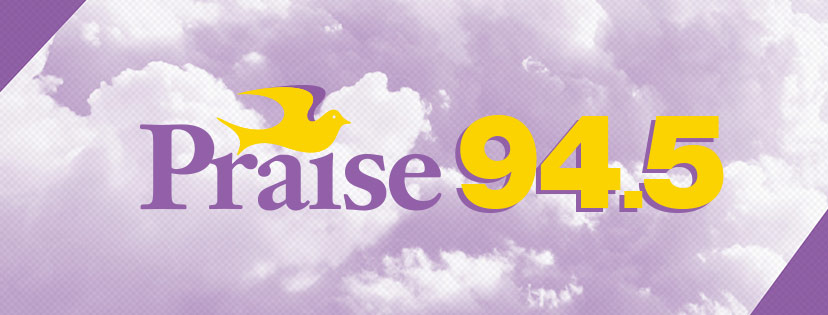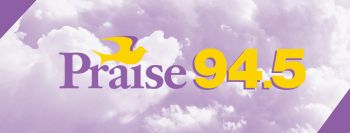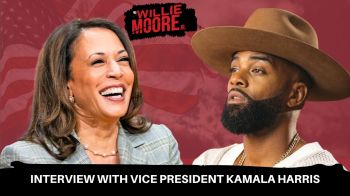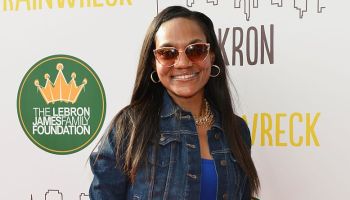Education is the civil rights issue of our time. President Obama rightfully made this assertion in 2011, but local leaders — specifically in black-American communities — have faced this harsh reality for decades.
While strong public schools have played major roles in transforming neighborhoods and spurring local economies, African-American communities have been continuously plagued with poor-performing schools that fail our children.
Recent statistics from the U.S. Dept. of Education paint a vivid, yet sobering picture of the state of education in these communities. Almost 85 percent of African-American fourth-graders and nearly 90 percent of eighth-graders in our public schools are not proficient in reading or math.
We are too great a nation not to provide a high-quality education for every child, especially those in our most vulnerable communities. As bipartisan support for meaningful education reforms to eliminate these ills continues to build momentum and expand, it is vital that the role of the faith community also increases.
Our historic and powerful constituency provided key leadership during the civil rights movement of the 1950s and 1960s. During these tumultuous times, pastors provided leadership from the pulpit, becoming a catalyst for eradicating injustice and inequality across society. Given the state of public education in our country, black America needs that same orchestrated guidance to overcome this generation’s education crisis.
With this in mind, faith leaders from across the country convened in Atlanta on Sept. 21, 2012, for the National Faith Leaders Education Policy Summit. This single-day event, hosted by Stand Up for Great Schools and StudentsFirst, engaged and mobilized more than 130 faith leaders across 35 states around the education crisis that our children face.
CLICK HERE to read story
article courtesy of TheRoot.com













